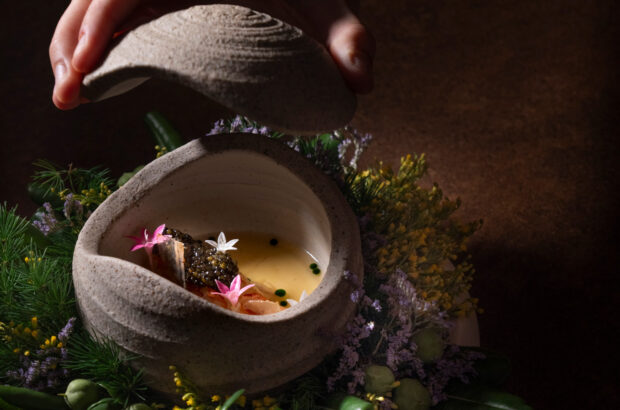Reclaimed wastewater is healthier for vines than fresh mains water, according to a new study.
The South Australian Research and Development Institute (SARDI) compared the effects of mains water and reclaimed (treated domestic) wastewater on the soil of a McLaren Vale vineyard planted for this purpose.
The three-year, AU$350,000 (£155,000) study, the first of its kind, found that soil irrigated with the reclaimed water had fewer harmful pathogens, and higher microbial activity.
‘Although we anticipated the higher microbial activity, we also expected higher pathogen levels,’ Dr Belinda Rawnsley, who led the study, told decanter.com.
Mains water is suitable for drinking, while reclaimed water – termed Class B – is domestic wastewater that has been filtered, treated and disinfected. So although it is not effluent water, it still retains a higher level of soluble solids than mains water.
‘This is a very positive finding because higher levels of microbes improve the transfer of nutrients to the vines,’ said Rawnsley. ‘Not only is reclaimed water a sustainable source, but viticulturists can use less fertiliser.’
Many Australian vineyards are irrigated with water from underground, which inherently has a higher saline content that is amplified in drought conditions, as the ground becomes increasingly dry.
‘With reclaimed water, you don’t get the salt leaching into the soil,’ said Rawnsley. ‘This has been a blessing, particularly in McLaren Vale.’
Although the salt that may find its way into wine is not unhealthy, many Australian wines already contain more salt than wines from other countries and in cases where it can be perceived by tasters, is not always a welcome characteristic.
Other studies conducted by SARDI have found that using reclaimed water has no effect on the yield of the vines.
The wastewater in McLaren Vale is provided by the Willunga Basin Water Company via a pipeline that goes straight to the vineyards. This is being extended to give more vineyards access.
Written by Maggie Rosen






